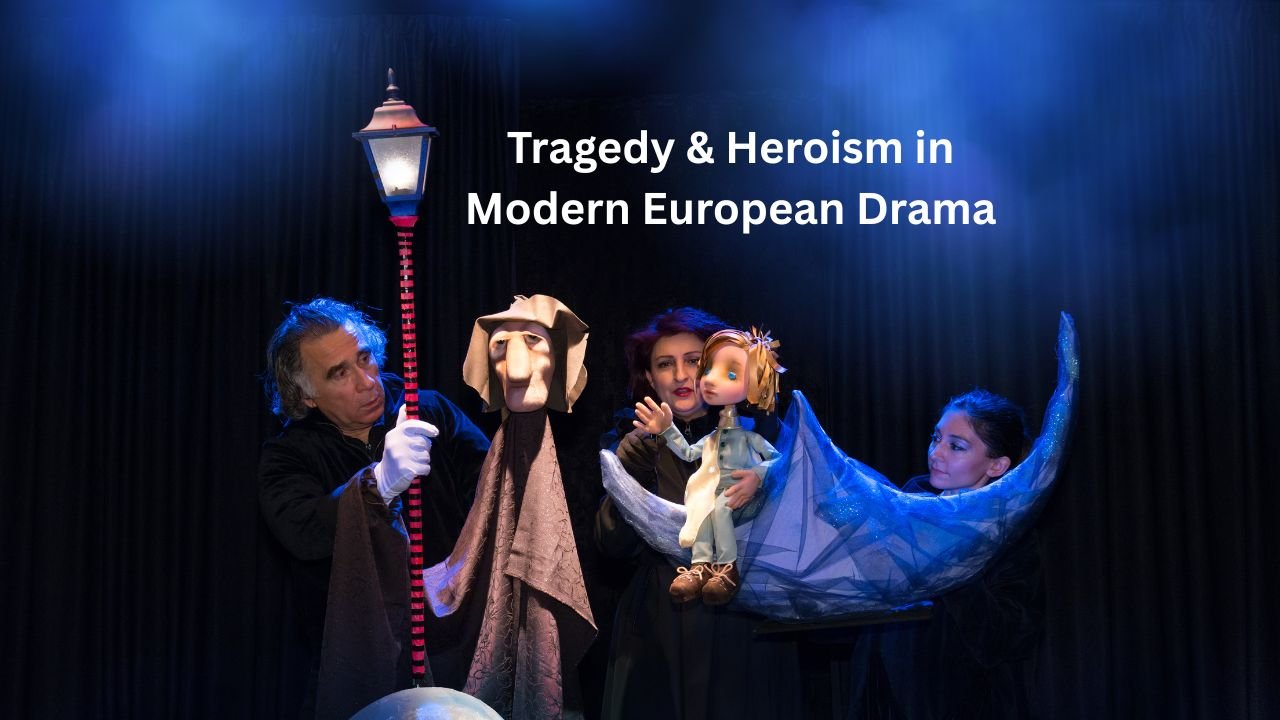Modern European drama has explored the themes of tragedy and heroism in various ways, delving into the complexities of human existence and the struggles individuals face in the modern world. Throughout the 20th and 21st centuries, playwrights have depicted tragic events and characters while highlighting acts of heroism that arise in the face of adversity. These works offer insightful commentaries on the human condition, society, and the power dynamics that shape our lives.
One notable playwright who delved into tragedy and heroism is Samuel Beckett. His play “Waiting for Godot” (1953) showcases two characters, Vladimir and Estragon, who wait endlessly for a character named Godot, who never arrives. The play explores themes of existential despair, the futility of human existence, and the search for meaning. Despite their dire circumstances, the characters display a sense of resilience and humor, creating a heroic presence in their unwavering commitment to endure and find purpose.
Another significant dramatist is Jean-Paul Sartre, whose play “No Exit” (1944) examines the notion of personal responsibility and the consequences of one’s actions. In this existentialist drama, three characters are confined together in a room for eternity, each tormented by guilt and regret. The play confronts the tragic consequences of their choices and reveals the heroism that emerges when they confront the truth about themselves and their actions.
In more recent times, Sarah Kane’s play “Blasted” (1995) offers a harrowing exploration of violence, trauma, and the darkest aspects of human nature. The play presents a series of tragic events, including rape and war atrocities, challenging the audience’s perceptions and pushing the boundaries of what can be depicted on stage. In the face of extreme suffering, acts of heroism emerge as characters display resilience and compassion in their efforts to connect and find solace amidst the chaos.
Furthermore, Henrik Ibsen’s works, such as “Hedda Gabler” (1890) and “An Enemy of the People” (1882), tackle themes of tragedy and heroism within the context of societal constraints. “Hedda Gabler” explores the tragic consequences of a woman’s attempt to break free from societal expectations. At the same time, “An Enemy of the People” portrays a lone hero who battles against corruption and deceit, even when society turns against him.
These are just a few examples of how modern European drama has engaged with the themes of tragedy and heroism. Through their powerful narratives, playwrights have depicted the struggles and triumphs of individuals in the face of adversity, offering profound reflections on the human experience and our capacity for despair and courage.

